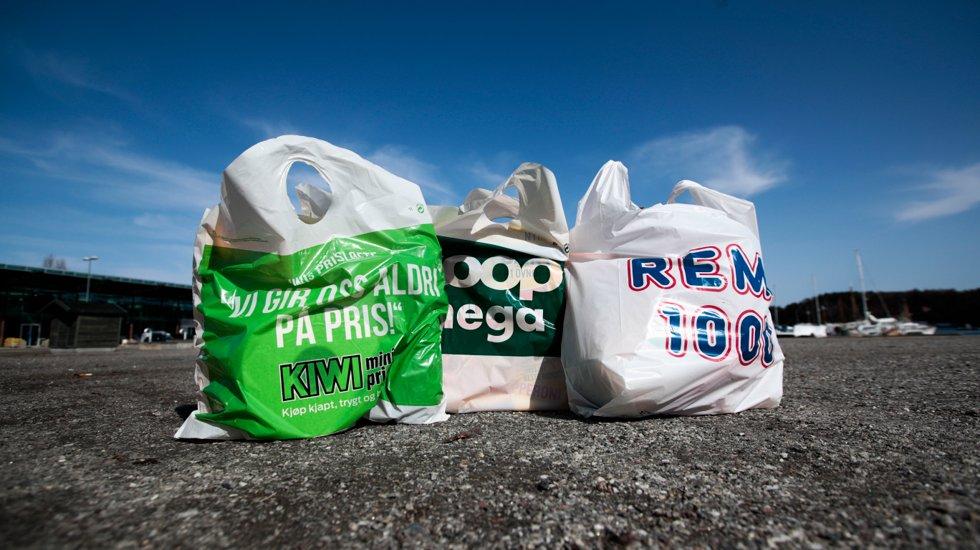To VG urges NHH professor Øystein Foros to act now before 1 February. This should be able to save a lot of money.
– Anything that has a long shelf life, you can save a lot of money by buying before 1 February. You should get to the store and buy what you need for Easter, says Foros at the Norwegian Business School (NHH) to VG.
The prices from the suppliers to the grocery chains are adjusted twice a year. 1 February and 1 July. Both grocery chains and suppliers have announced that there will be sharp price jumps from 1 February.
– You can therefore save a considerable amount by making a wholesale purchase now. It will be particularly important to make purchases that avoid going to the store in the first weeks of February, says Foros, who researches the grocery industry.
Warns against hoarding
To TV 2 On the other hand, grocery expert Erik Fagerlid warns against hoarding.
– You can be in danger of buying things you are not allowed to use. For example, it is a terribly bad idea to buy yoghurt, milk, dairy or anything else that can expire, says Fagerlid to TV 2.
He believes that hoarding will only make sense if you have good knowledge of the price increase.
– If Kari or Ola could now sit down and know exactly what they will eat in the next few months and how much it would cost, then maybe. But an ordinary Norwegian family has no idea what the costs will be on 1 February, he says.
Limits on how big the gain is
To the same channel, Professor Frode Steen, also at NHH, says that he is unsure how beneficial hoarding is.
– We have limited freezer capacity, and there are limits to how big the profit is, but it is clear that goods that last a long time can be saved by buying now. We are probably now in the cheapest week for a long time, says Steen to TV 2.
However, he admits that much of what you buy in the grocery stores this week will be more expensive in February and March.
